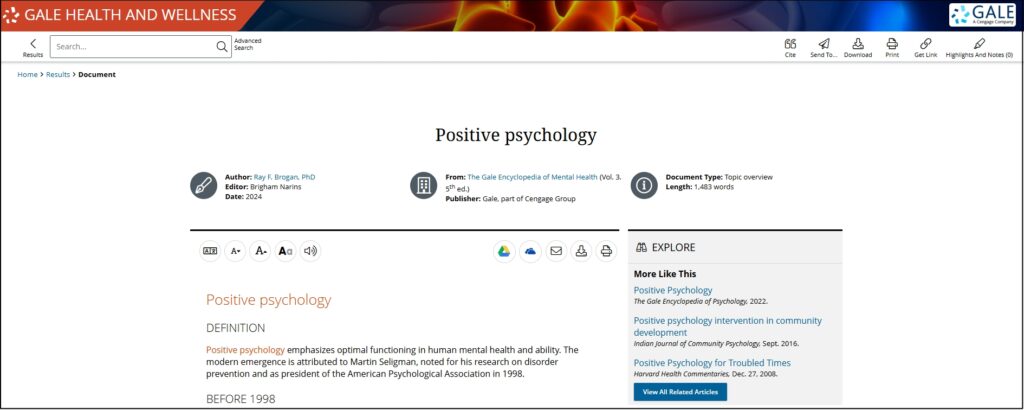| By Brenda Wilmoth Lerner, RN |
By this time of year, most well-intentioned resolutions made for the New Year have already been abandoned. Research shows that only about six percent of people in the United States, and about nine percent of people in the United Kingdom, who make New Year resolutions keep them throughout the year. It turns out, however, that failed resolutions can also bring benefits, and experts say that they should not discourage you from making new ones.
The latest Forbes Health Survey (2024) shows that the majority of New Year resolutions involve goals for better health. Four of the five most popular resolutions are health related, including losing weight, improving fitness, improving mental health, and improving diet (improving finances is also a top-five resolution). Reducing alcohol consumption and quitting smoking are not far behind the top five.
The national marketing research firm Drive Research found that by mid-January about a fourth of resolutions are already dispatched. Their research even identified the day on which most resolutions are abandoned—it’s the second Friday in January, dubbed “quitters day.” Forty-three percent of people making New Year resolutions give up on them by the end of January, and eighty percent of resolutions are toast by the end of March. Where’s the room for optimism in all of these disappointing numbers?
The answer comes from the field of positive psychology, a relatively new branch of psychology that originated among researchers at the University of Pennsylvania around the year 2000, which uses scientific methods to explain how human behaviors and conditions influence well-being. The study of goal-setting is a prominent aspect of positive psychology. Research in positive psychology has shown that goals for self-improvement are more likely to be realized when the goals are precise, when motivation that’s of core importance to the goal setter is aligned with the goal, and when multiple attempts to achieve goals are made when necessary.
The American Cancer Society, for example, reports that it usually requires about eight to ten attempts at quitting smoking before it’s successful. Research from psychologists indicates that it takes at least this many attempts, and often up to 30 tries, before smoking secession is achieved. Each failed attempt can reveal information and patterns that can help make the next attempt more likely to succeed; in effect, every failed attempt can bring you closer to reaching your goal, as long as you make new attempts.
Psychologists, healthcare practitioners, and coaches also recommend setting precise goals that are SMART for optimum chances of success. These goals are: Specific, Measurable, Attainable, Relevant, and Time-Bound. A person who is interested in lowering their LDL cholesterol, for example, could start with a SMART goal to “replace saturated fats (red meat and full-fat dairy) with tofu or beans in four meals per week for three months.”
A landmark 2002 study in positive psychology also found that success in achieving goals for well-being is often tied to the core motivation of an individual, and not only the motivation that past reflection or a special occasion like a new year brings. So, the person in the example above would be much more likely to keep their resolution to replace the meat in their diet with plant proteins if they also deeply valued animal rights or doing their part to mitigate climate change. Healthcare workers use motivational interviewing techniques to help people make positive behavior changes based on recognizing and aligning their core values with their stated goals.
If your resolutions for the new year have already been cast aside, know that anytime a person feels sufficiently motivated to make a behavior change for well-being is a good time to set a SMART goal. Your birthday, a Tuesday, or today; there’s no need to wait for New Year’s Eve. The Gale Health and Wellness database can help with more information on positive psychology, and an overview on SMART goals is forthcoming. I hope you take a look, and I wish you the best in achieving your goals.



